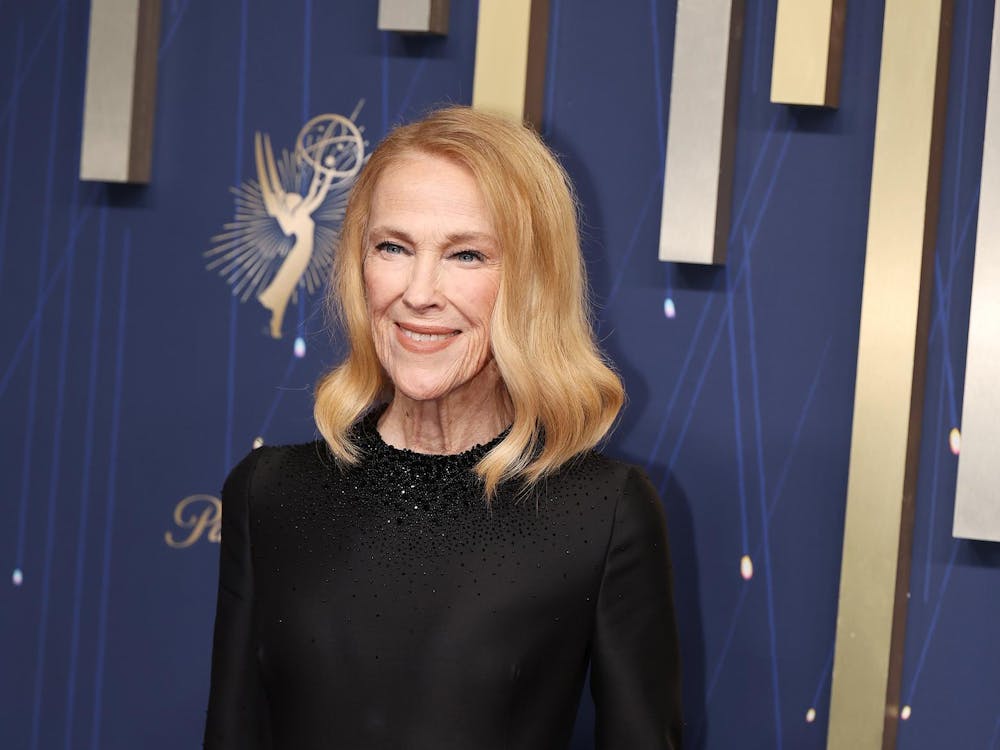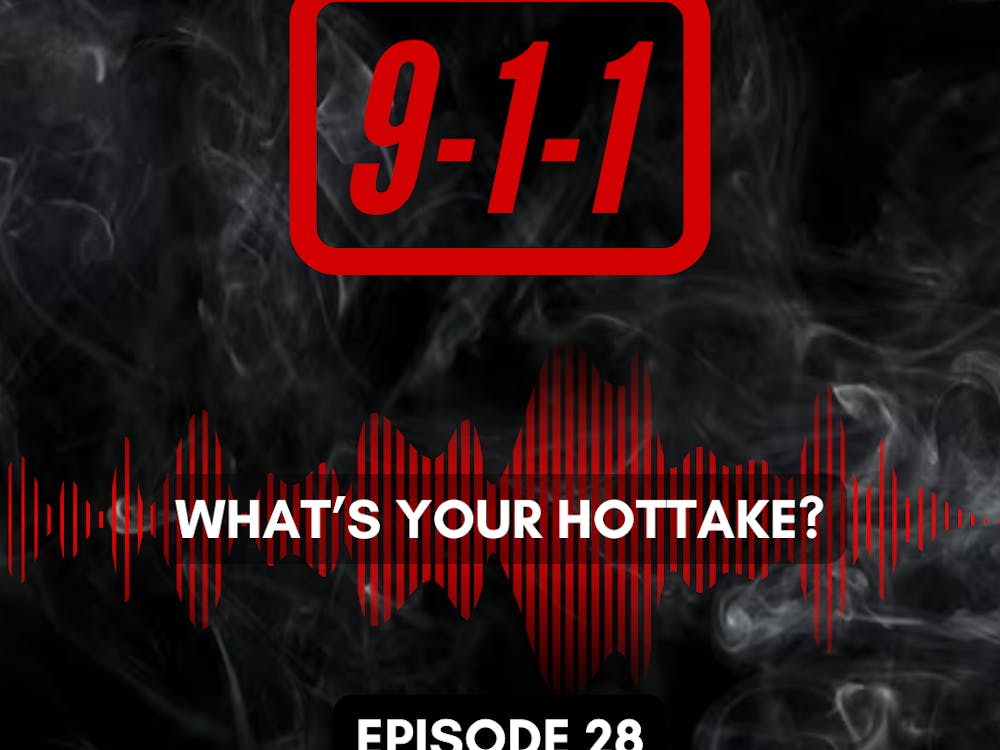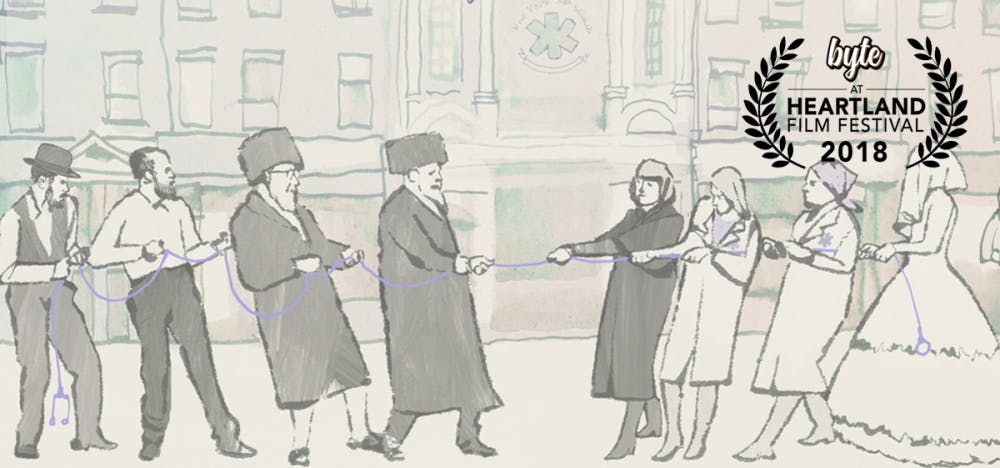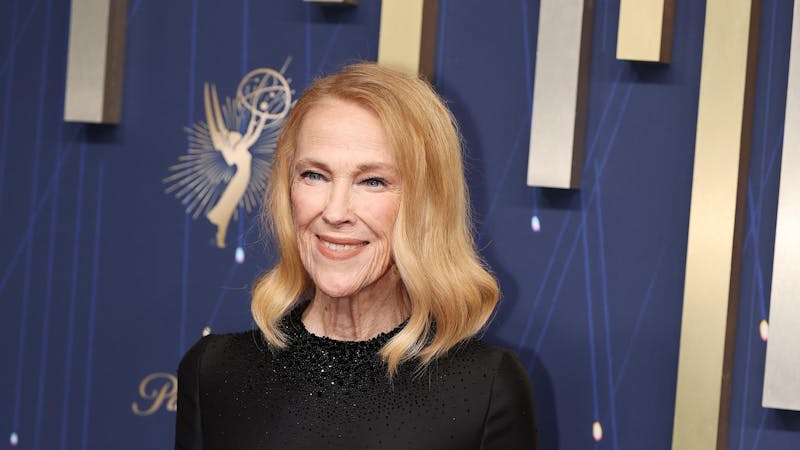by Emily Reuben When perusing the film line-up for Heartland Film Festival this year, the film that immediately caught my attention was 93Queen. The documentary follows Rachel Freier or “Ruchie”, a Hasidic mother and lawyer who shook up the male dominated Hasidic community by creating Ezras Nashim, the first all-female ambulance corps in New York City. It is rare for Hasidic communities, especially women in these communities, to be highlighted through film, so the concept is certainly unique. However, what specifically caught my interest was the concept of hearing the voices of the women within this community. I wanted to hear about their experience breaking boundaries and fighting to change their community in the male-dominated Hasidic society. I am glad to say that 93Queen exceeded my expectations. The film informs us immediately that Hasidic women are expected to be modest. This means that women doing work outside of mothering children or tending to familial tasks is frowned upon within the society. This expectation of modesty extends to physicality, as women do not have sexual relationships, kiss, or even touch men before marriage. The issue that arises from this is that many women are intimidated by calling for emergency services, specifically Hatzolah, the strictly male-run emergency care corps, for fear of being touched or looked at by men while in an immodest state. [embed]https://www.youtube.com/watch?v=b3m7p1r-RDg[/embed] Ezras Nashim recognizes the need for a female-run emergency care corps for women in the Hasidic community. However, Ezras Nashim faces constant bullying and intimidation from Hatzolah and members within the community. The film constantly reminds us that while the efforts of Ezras Nashim are noble and very much needed, stubborn adherence traditional ideals can easily stunt progress and neglect the needs of members in a community. Some of the film’s most impactful moments stem from the resistance towards Ruchie’s efforts and truly emphasize just how much adversity she and Ezras Nashim faced within their own community. The documentary does an excellent job showcasing the determination of Ruchie and Ezras Nashim while simultaneously educating the audience about the traditional roles of women within the community. Film director Paula Eiselt is a Hasidic woman herself, which works to the film’s benefit. It is clear that Eiselt understands the gravity of what the women in the film are trying to accomplish and does an excellent job of introducing outsiders to Hasidic culture by allowing the women to go about their daily lives virtually uninterrupted. We are able to follow Ruchie, the film’s primary subject, as she cooks for her family, goes to work at her law practice, prays, and as she organizes Ezras Nashim. Just from watching her do these various everyday tasks, we are allowed to see an insider's perspective of her religion and tradition in an organic, respectful manner. Even more importantly, Eiselt gives Ruchie and the other volunteers at Ezras Nashim a platform to share their views, address their struggles, and showcase their success. Something that I genuinely appreciate it the clear respect for the subjects and communities being show, but what I also find admirable is that the documentary is careful to remain honest and transparent. Ruchie is a human-being, and like every human-being she has faults. I’m glad that these faults were not shied away from, as they only serve to make her more human and relatable. The film is incredibly well-done and showcases the power and dedication of women. While Ruchie may not consider herself a feminist, she has indisputably helped to pave the way for Hasidic women and other minority women to follow their chosen careers and challenge patriarchal society, and to me that screams feminism.


















